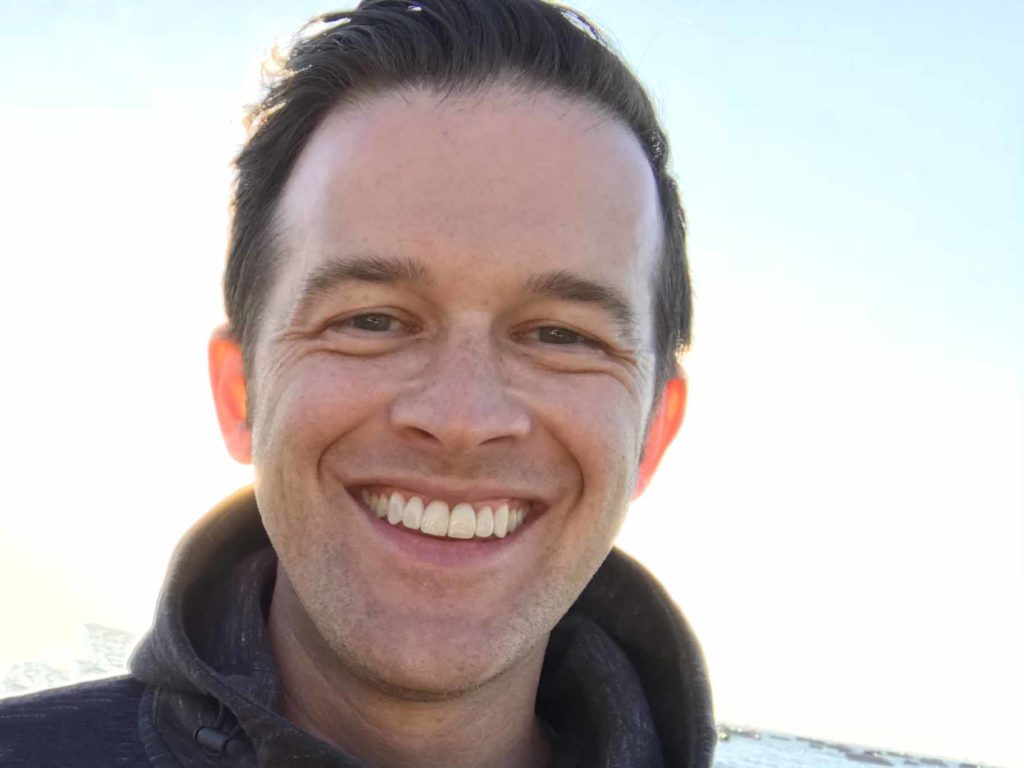The NOVA Next founder wants to research and better understand the ongoing transition to low-carbon energy sources. Before Tim De Chant became a journalist, he “accidentally majored in biology.” As a double major in environmental studies and English at St. Olaf College in Minnesota, he found that, between his two chosen fields of study, he […]


 "
"